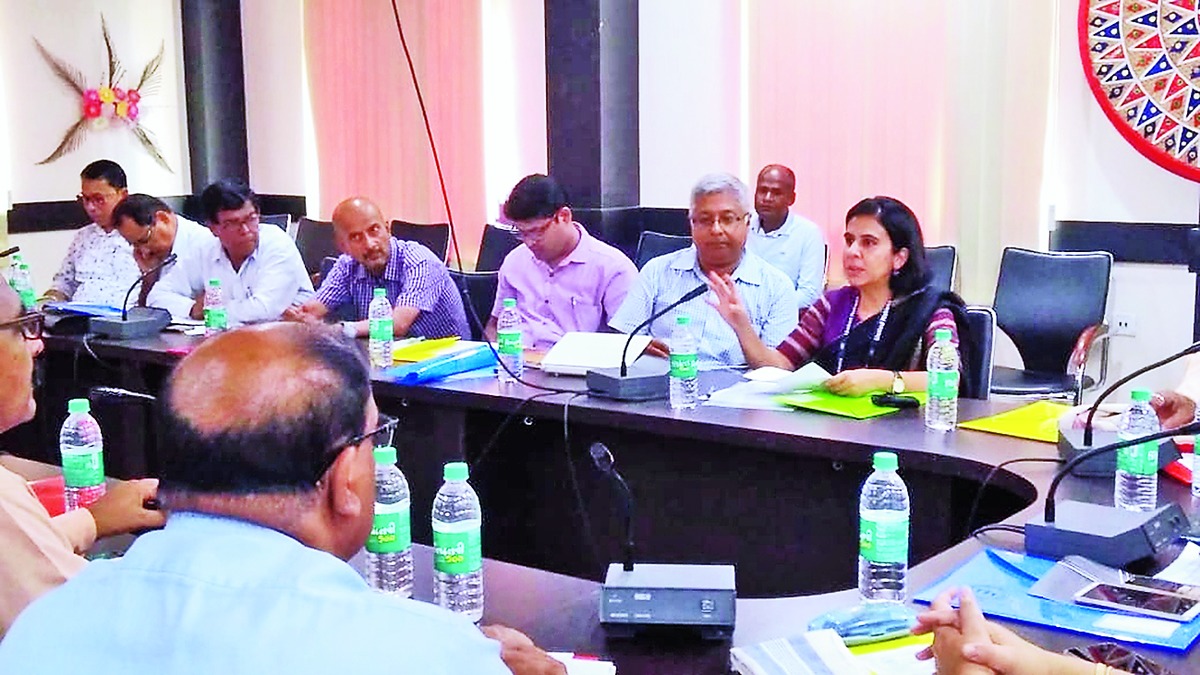
Guwahati: Field surveys by some NGOs in Assam revealed that customary practices of some communities and religious leaders are encouraging child marriages, which continue to be higher than the national rate.
Adolescents and Child Rights Network, Assam (ACRNA), a forum of 25 NGOs that is implementing a project with the help of Unicef, Assam, for multi-stakeholders involvement to prevent child marriage, will soon move MLAs with the request to have a community-led strategy to prevent child marriage.
"Apart from low level of education and poverty, it has been found that old customary practices often support child marriage. For example, there is a practice among some Nepali people, which bars family of a missing girl to search her for three days. If the girl is found to have eloped with a boy, the community allows the two families to go for marriage after they are traced, even as she is a minor. In some cases it has been found that the minor girl gets pregnant. Elopement is easily accepted by some indigenous communities in Upper Assam too, which often result in child marriage and teenage pregnancy," Chiranjeeb Kakoty, co-ordinator of ACRNA, told The Telegraph on Saturday.
Kakoty said some "unauthorised kazis", often solemnize marriages in Muslim society, particularly in riverine areas where literacy rate is low and people are still unaware of the adverse impact of early marriage on the health and mind of a minor girl.
"We had organised a conference of religious leaders a few months back to get them on board to check child marriage, in which kazis, padres and priests unanimously declared that no religion encourages child marriage but some unauthorised religious leaders often allow such acts," Kakoty said.
The ACRNA organised a multi-stakeholder consultation at Barpeta on September 7 and in Kokrajhar on Friday in which deputy commissioners, superintendents of police, child protection officers, NGO representatives, among others, attended. The network will organise similar consultation in Dhubri, Dhemaji, Sivasagar and Kamrup districts that have a high prevalence of child marriage.
This comes amid a report of the National Commission for Protection of Child Rights, released on Wednesday, which revealed that Assam (at 16.7 per cent) has a child marriage rate higher than the national average (11.9 per cent). At least nine districts in the state have also been identified as high child marriage prevalent districts.
Kakoty said the document to be submitted to Assam MLAs in December will call for steps to ensure that a girl completes her senior secondary education, is provided job skills, action is taken against religious leaders encouraging child marriage and steps in place for universal registration of birth to check unfair means.
"It has been found that three birth certificates were issued for a single girl with different dates of birth to avoid action against child marriage. So there is a need to have a community-led action plan to create more awareness to prevent child marriage instead of tackling the health problems and psychological trauma a child goes through after her early marriage or teenage pregnancy," he added.










